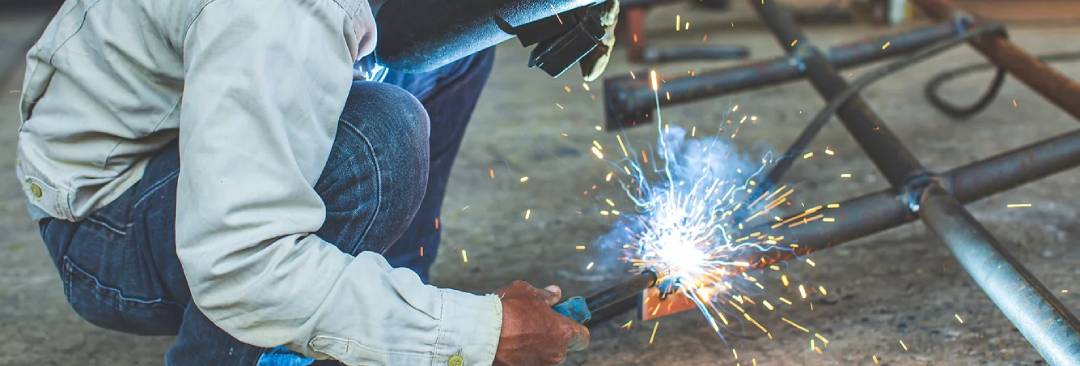Menu

The responsibilities within the Engineering - Fabrication Trade are diverse and require a range of technical skills. Here is a breakdown of the key tasks typically involved in this role:
These responsibilities highlight the hands-on nature of the Engineering - Fabrication Trade, where skilled tradespersons are adept at working with metals, tools, and equipment to fabricate, join, and shape components used in various industrial and manufacturing applications.
To fulfill the requirements for the Engineering - Fabrication Trade Recognition of Prior Learning (RPL) program, candidates need a minimum of 2 to 3 years of relevant industry experience in Metal Fabrication/Welding work. This experience should cover a diverse range of tasks and be acquired while working under the guidance of a licensed professional within the Metal Fabrication/Welding field.
The emphasis is on gaining hands-on experience and actively participating in various metal fabrication and welding tasks. This practical experience is crucial for developing the skills and knowledge required for the Engineering - Fabrication Trade. Working closely with a licensed expert provides valuable mentorship and ensures that candidates learn industry best practices, safety protocols, and technical skills applicable to metal fabrication and welding.
Overall, the combination of practical experience, mentorship, and exposure to a variety of tasks prepares candidates to demonstrate competency and proficiency in the Engineering - Fabrication Trade, as required for successful completion of the RPL program.
According to NSW Fair Trading, tradies who specialise in Metal Fabrication and are looking to apply for a license must have the relevant industry knowledge and experience and have completed one of the following qualifications:
For information on the Certificate III in Engineering - Fabrication Trade and for the full list of units of competency, please visit training.gov.au
